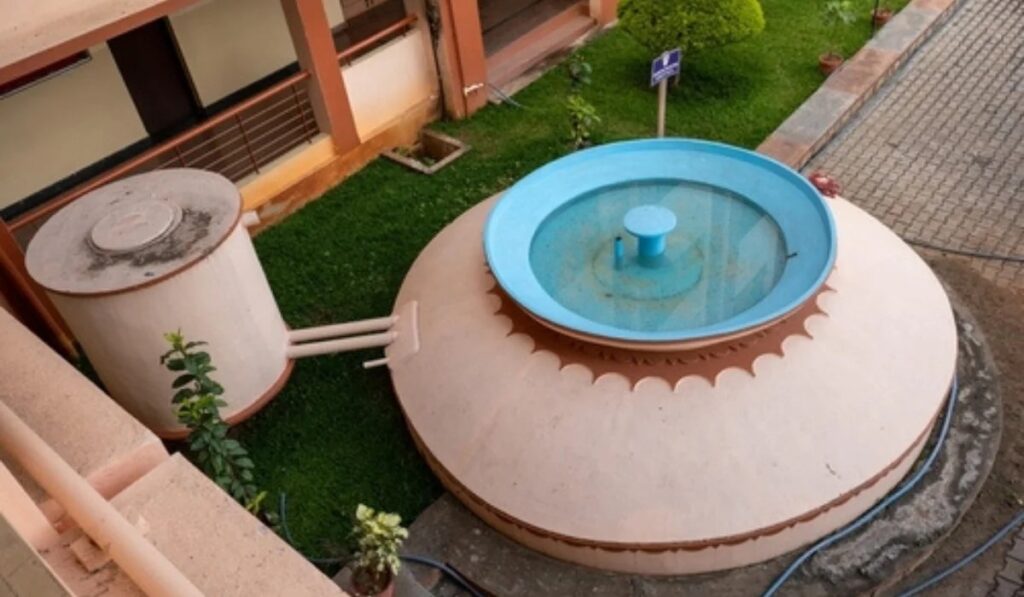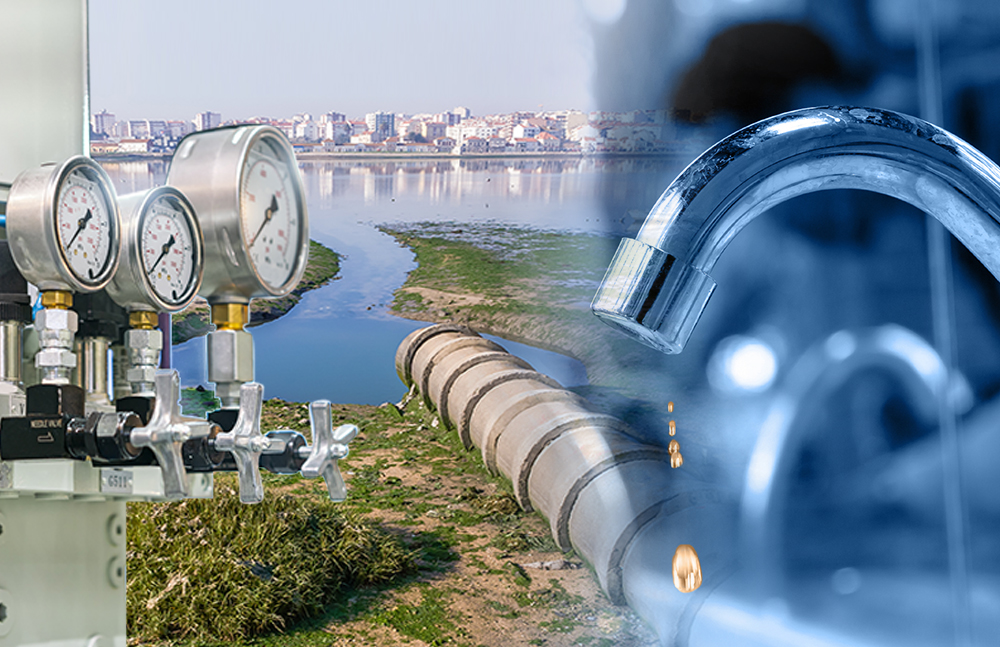
As India grapples with increasing water stress and environmental concerns, the future of sustainable water storage in households is becoming increasingly vital. Emerging trends and innovative practices in water storage not only aim to conserve water but also promote eco-friendly solutions that are durable and efficient. By adopting these practices, households can contribute to water sustainability and mitigate the impact of water scarcity.
Emerging Trends in Household Water Storage
Rainwater Harvesting Systems: Rainwater harvesting has gained traction as a sustainable practice in Indian households. Systems range from simple rooftop collection setups to more complex integrated systems that filter and store rainwater for various uses. Rainwater harvesting reduces dependency on municipal water supply or groundwater, conserving precious resources and lowering water bills.
Modular Water Tanks: Modular water storage solutions are gaining popularity due to their flexibility and space-saving designs. These tanks are often made from durable materials like polyethylene or stainless steel, offering longevity and resistance to corrosion. They can be installed in compact urban spaces or on rooftops, maximizing water storage capacity without compromising aesthetics.
Solar-Powered Water Purification Systems: In regions with unreliable access to clean water, solar-powered purification systems are becoming viable solutions. These systems use solar energy to purify harvested rainwater or groundwater, providing households with safe and sustainable drinking water options.
Smart Water Management Systems: IoT-enabled smart water management systems allow households to monitor and optimize water usage in real-time. These systems track water consumption, detect leaks, and provide insights to help users conserve water effectively. They can be integrated with smartphones or computers, empowering homeowners to make informed decisions about water usage.

Benefits of Adopting Eco-Friendly and Durable Water Storage Options
Water Conservation: Sustainable water storage practices, such as rainwater harvesting and efficient water management systems, significantly reduce reliance on external water sources. By conserving water at the household level, families contribute to broader water conservation efforts and reduce their ecological footprint.
Cost Savings: Eco-friendly water storage options often lead to long-term cost savings. Rainwater harvesting systems, for instance, reduce dependency on expensive municipal water supply, lowering water bills over time. Durable water tanks require less frequent maintenance and replacement, saving on repair costs and extending their lifespan.
Environmental Impact: Traditional water storage methods can have adverse environmental impacts, such as groundwater depletion or plastic pollution from disposable containers. Eco-friendly options minimize these impacts by promoting sustainable practices and reducing reliance on single-use plastics.
Resilience to Water Scarcity: As water scarcity becomes a growing concern in many parts of India, households equipped with sustainable water storage options are better prepared to withstand water shortages. Rainwater harvesting and efficient water management practices ensure a reliable supply of water during dry spells or disruptions in municipal supply.
Conclusion
The future of sustainable water storage in Indian households lies in embracing innovative technologies and eco-friendly practices that promote water conservation and resilience. By adopting rainwater harvesting systems, modular water tanks, solar-powered purification systems, and smart water management solutions, households can play a crucial role in sustainable water management.
Government incentives and awareness campaigns can further encourage the adoption of these technologies nationwide. Empowering households with knowledge about the benefits of sustainable water storage options and providing financial support for installations can accelerate the transition towards a water-secure future.


